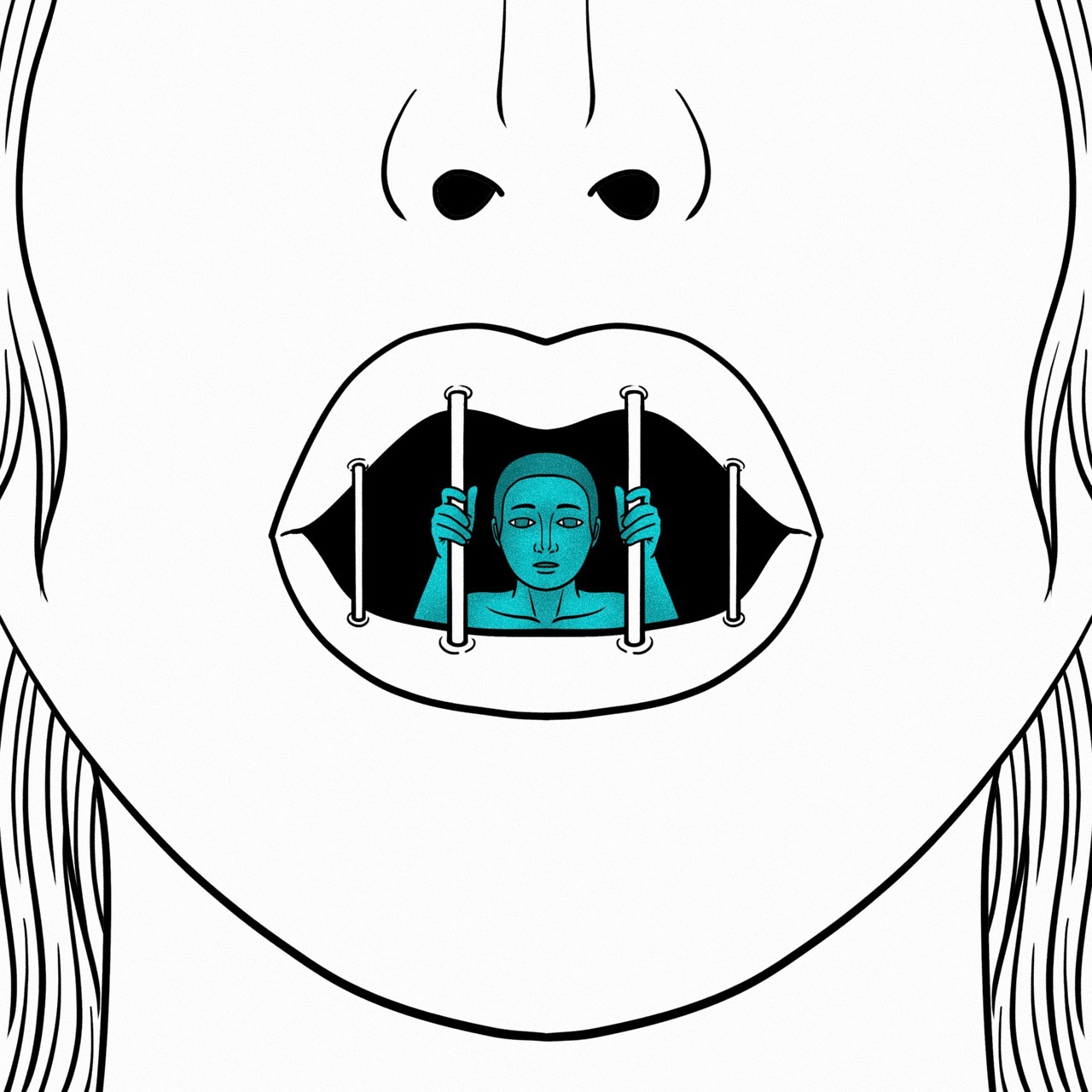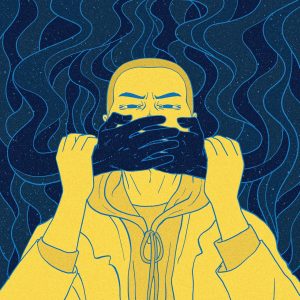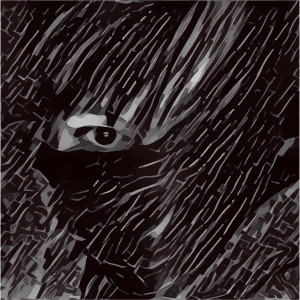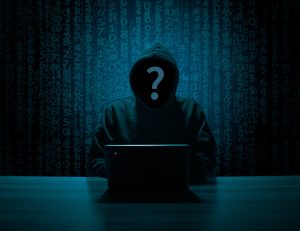Introduction
A progressive society must have free expression as a fundamental human right and as a cornerstone of democracy. Like many other countries, Nigeria has a constitution that guarantees its residents the freedom to voice their views, opinions, and thoughts. But the emergence of the digital age has also brought up new complications, one of which is the constant problem of defining the limits of free speech with regard to cybercrimes.
Freedom of Speech in Nigeria: A Constitutional Guarantee
Nigeria’s 1999 Constitution explicitly guarantees freedom of speech as a fundamental right. Section 39 of the Constitution states that;
“Every person shall be entitled to freedom of expression, including freedom to hold opinions and to receive and impart ideas and information without interference.”
From the aforementioned, it is crystal clear that the constitution of the Federal Republic of Nigeria promotes free speech, This provision is crucial for a vibrant democracy and a free exchange of ideas.
The Digital Era and Novel Difficulties
Nigerians’ communication and self-expression methods have completely changed as a result of the widespread use of digital technology and the internet. Online forums, blogs, and social media platforms have developed into effective resources for people to use in order to express their right to free speech. This digital transformation, while empowering, has also given rise to various cybercrimes and abuses that test the limits of free expression.
Cybercrimes and Their Impact on Freedom of Speech
Cybercrimes encompass a wide range of activities, including hacking, online fraud, identity theft, cyberbullying, harassment, and dissemination of false information. In many cases, these actions infringe on the rights and safety of individuals, often leaving victims traumatized and in need of protection.
1. Hate Speech and Incitement: The thin line between freedom of speech and hate speech or incitement to violence is a critical concern. While citizens have the right to express their opinions, hate speech and incitement can lead to violence and chaos, prompting government interventions and legal actions.
2. Defamation and Privacy Violations: False and damaging statements made online can have severe consequences. Individuals have the right to defend their reputation, and in cases of cybercrimes, defamation laws may come into play.
3. Cyberbullying and Harassment: Cyberbullying is a growing concern, particularly among adolescents and young adults. Balancing the right to free expression with protecting individuals from online harassment is a challenge for authorities and legislators.
Government Responses and Regulation
The Nigerian government has responded to the problems caused by cybercrimes with actions. For example, the Cybercrimes Act of 2015 aims to stop many types of online illegal activity. Although these initiatives are vital for individuals’ safety and security, they must be weighed against the defence of free speech.
The Nigerian government has also made an effort to control internet material and social media in recent years. A social media bill that was planned and Twitter’s 2021 suspension sparked worries over possible restrictions on free speech.
Balancing Freedom of Speech and Cybercrime Prevention
It’s crucial to strike the correct balance between protecting free speech and stopping cybercrimes. Excessive limitations have the potential to inhibit freedom of speech and reduce the vitality of the online community. Unchecked illegal activity online, however, can have dire repercussions for both people and society at large.
Any limitations or rules pertaining to the right to free expression must be transparent, plainly stated, and subject to legal supervision. Advocacy groups and civil society organisations are essential in making the government responsible for any infringements on digital rights.
Conclusion
The relationship between cybercrimes and freedom of speech in Nigeria is complicated. Although the right to free expression is protected by the constitution, it is not unqualified and must be weighed against the need to keep people safe. Laws and regulations must preserve democracy and free speech while adjusting to the digital age. Maintaining this balance will require constant communication and cooperation between the government, citizens, and civil society in order to guarantee that freedom of speech continues to be a fundamental aspect of Nigerian society.





